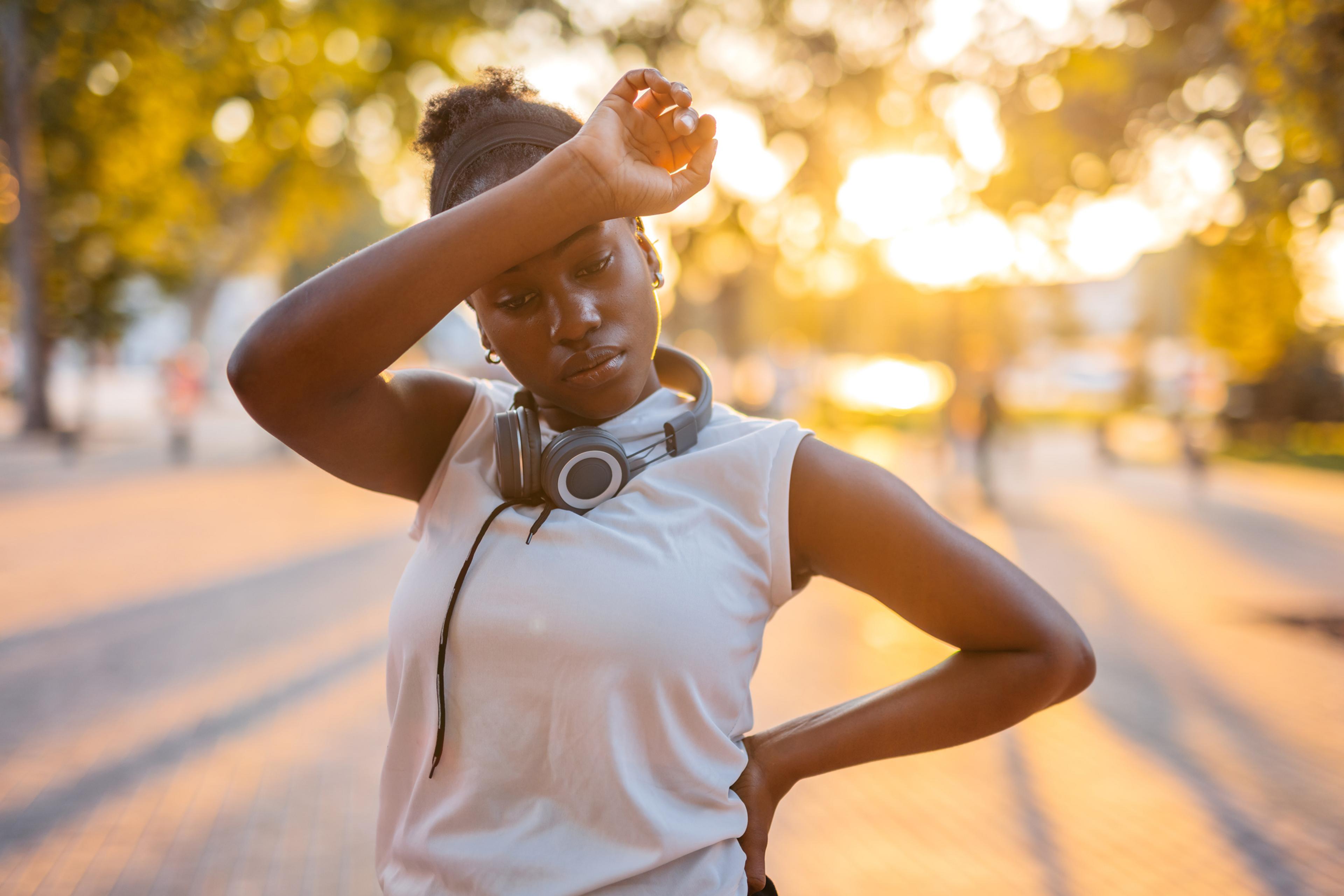Does Heat Affect Blood Pressure?

Caroline Samuelsen
| 3 min read

As temperatures increase, people might notice that their blood pressure is increasing as well. High heat causes blood pressure to increase. It is important to focus on your blood pressure during the summertime because Midwest summers present high temperatures and high humidity.
How high heat and humidity affect heart rate and blood pressure
When the temperature and humidity rise above 70 degrees and 70%, respectively, there is more blood flow in the body, according to The Mayo Clinic. This causes the heart to beat faster and circulate twice as much blood than on a normal day. The heat causes increased sweating, which lowers the amount of fluids in your body. This leads to dehydration, which then interferes with the body's ability to cool down and causes strain on the heart. Warning signs to look for include:
- cold and clammy skin
- dizziness
- confusion
- rapid pulse
- disorientation
- fatigue
- headache
- excessive sweating or inability to sweat
- swelling in your arms and legs
- muscle cramps and spasms
- nausea
How medications affect how you handle the heat
Certain medications can impact how you respond to high heat and lead to dehydration, according to the Mayo Clinic. Diuretics and beta blockers, antipsychotics, antidepressants, and decongestants and antihistamines could all effect your response to heat. Also, according to the CDC, many antibiotic medications increase skin sensitivity and impact skin when it is exposed to direct sunlight. Direct heat can also damage certain medications such as inhalers or insulin, so be sure to store those medications in a cool dark place.
Tips to control your body temperature and blood pressure in high heat
Here are tips for controlling body temperature and your blood pressure when there is high heat, according to The American Heart Association:
1. Hydrate.
Drink a few glasses of water before and after going outside. Avoid alcoholic beverages as they will dehydrate you.
2. Dress for the heat.
Wearing lightweight fabric such as cotton or athletic clothing in a light color will help you cool off outdoors. Wear a hat and sunglasses for extra protection, and always re-apply your sunscreen every two hours with an SPF 15 or higher.
3. Take breaks.
Look for a cool place like the shade or head inside every so often to re-hydrate and take a break from the sun.
4. Be aware of the time.
The sun is the strongest in the early afternoon from noon to 3 p.m. so be aware of the heat then. Staying inside during that time is recommended.
5. Talk with your doctor.
If you are feeling the symptoms listed above, check in with your doctor and talk about potential heart issues.





